AT&T plans satellite voice calls and broadband for 5G iPhones
AT&T appears to be closer to letting every iPhone since the iPhone 12 make voice calls and texts via satellite, using 5G.
AT&T has been working on bringing satellite broadband and specifically voice calls to smartphones for at least six years. In that time, Apple became the first smartphone maker to introduce an Emergency SOS via Satellite service.
Apple's service is confined to text messaging, but AT&T is claiming full 5G broadband via its system. The companies say that they have achieved voice calls in testing, but have offer no details about performance as of yet.
When Apple announced its Emergency SOS via Satellite, Elon Musk and T-Mobile claimed to be working on it too. Despite Musk's Starlink already offering internet over satellites, the partnership with T-Mobile was also to be text messaging.
So AT&T's claim that it will bring a "space-based broadband network direct to everyday cell phones" is significant. It's also not new, but what has now changed is that AT&T has entered into what it calls "a definitive commercial agreement" with satellite firm AST SpaceMobile.
The two firms have been operating under a memorandum of understanding since 2018. They jointly claim that this new contract is an important leap toward their goal.
"Space-based direct-to-mobile technology is designed to provide customers connectivity by complementing and integrating with our existing mobile network," Jeff McElfresh, Chief Operating Officer, AT&T, said in a statement. "This agreement is the next step in our industry leadership to use emerging satellite technologies to provide services to consumers and in locations where connectivity was not previously feasible."
What AT&T appears to be proposing — though again with no details — is an extension to the existing 5G network. Routing makes it clear which calls and data goes through a satellite, so AT&T could then determine usage patterns, if it intends to charge more for them.
It's not yet clear how the 5G network would surmount issues like the latency involved when calls are being relayed through space. Latency on satellite calls and internet use can be a magnitude of order higher than it is when transmitting to and from a ground station.
Nonetheless, if AT&T and AST SpaceMobile really can make it so that every iPhone since the first iPhone 12 first brought 5G to the line can make regular voice calls via satellite, it could — in theory — lessen the need for that Emergency SOS via Satellite feature with wider access to full data.
Except Apple's system intentionally uses very little data, and the expectation is that it will be used for very short connections to the network of satellites that Apple has partnered with Globalstar for. Consequently, it can be used in particularly remote places on Earth.
In comparison, there will be areas where it would not be cost effective for AT&T to provide the array of satellites that full voice 5G service would require.
But then Apple's emergency system is working now — and has been since 2022. The only time frame that either AT&T nor AST SpaceMobile have indicated, concerns launching five low Earth orbit satellites in summer 2024.
Plus the new contract expires in 2030, so a service is presumably expected before then.
 William Gallagher
William Gallagher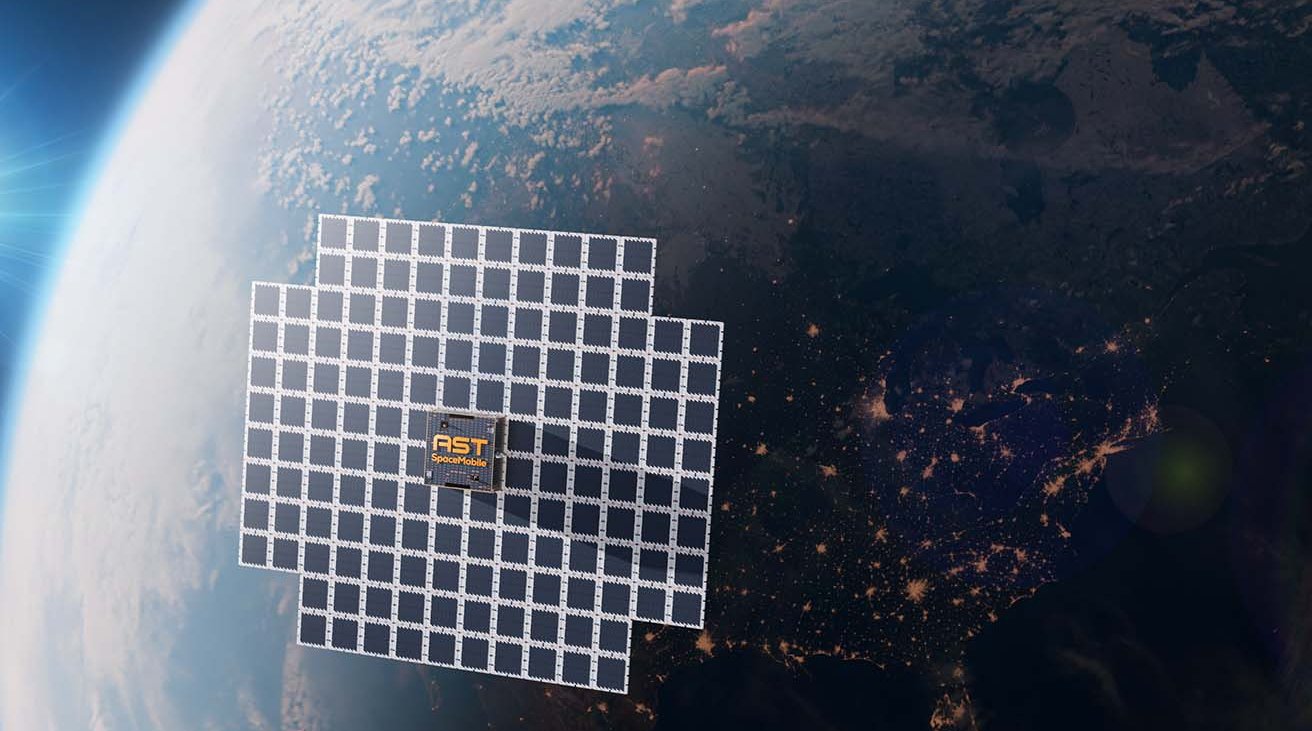


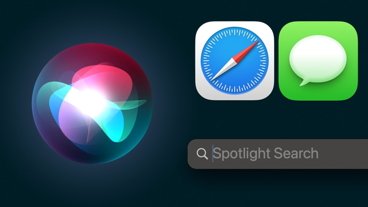

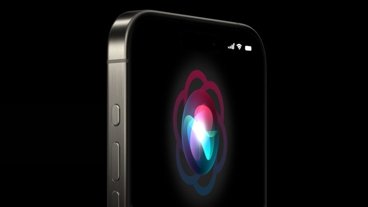
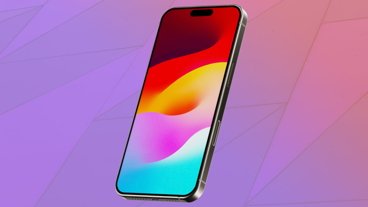

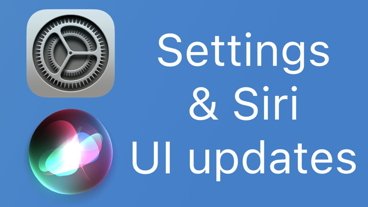
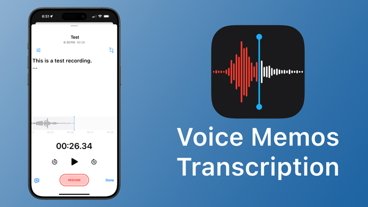





 Charles Martin
Charles Martin
 Christine McKee
Christine McKee

 Mike Wuerthele
Mike Wuerthele
 Sponsored Content
Sponsored Content

 Amber Neely
Amber Neely
 Malcolm Owen
Malcolm Owen





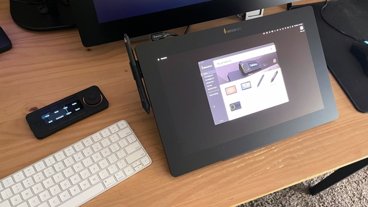


3 Comments
“Consequently, it can be used in particularly remote places on Earth.”
Though it is an awesome feature, satellite SOS comms only work in approved markets at this time. I haven’t found an Asian country it works in yet nor does it work anywhere in the open Pacific at this time. I’m very excitedly awaiting global satellite coverage being normalized someday as a merchant mariner that spends half the year at sea.
Man, there are a lot of hopes and dreams in this release. If they really have summer 2024 as their intended first launch, who is their carrier?
That would be great for my backpacking trips.